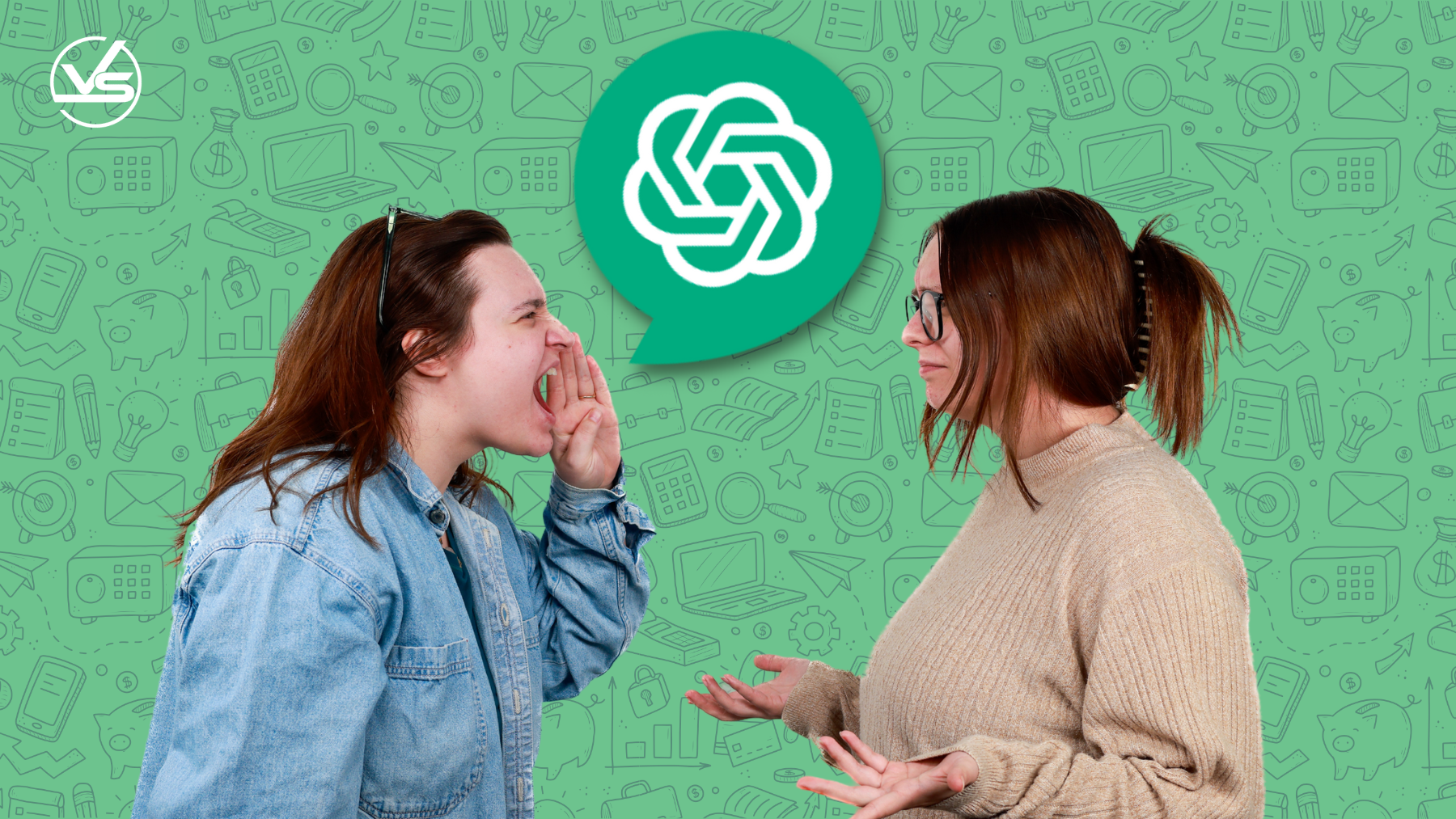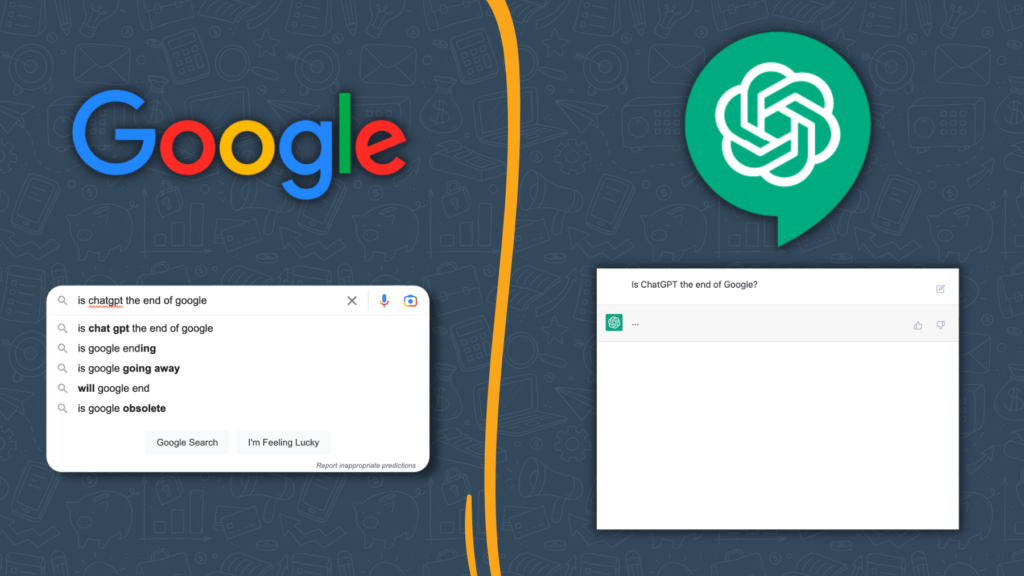
Intro to ChatGPT – Part 3: What Is the Current Debate about ChatGPT
Supporters and skeptics of ChatGPT have argued about its significance and potential contribution. This lively debate about ChatGPT is still going on, and people have a lot of strong opinions.
In Part 1 – What Is ChatGPT, we explained what it does and how it works. Then in Part 2 – What Are the Limitations of ChatGPT, we explored some things that limit its potential.
In this blog, we're taking a closer look at the controversy surrounding the AI chatbot.
What Is the Current Debate about ChatGPT?
ChatGPT stands apart from other AI language models. It can produce human-like text and respond with surprising clarity. Commentators say it represents a significant shift toward autonomous AI-driven communication. They also claim it will transform where and how we get information.
In “The Brilliance and Weirdness of ChatGPT,” New York Times technology columnist Kevin Roose said: “ChatGPT is, quite simply, the best artificial intelligence chatbot ever released to the general public.”
Some see ChatGPT driving the economy to new heights, helping businesses boost productivity, and more. Marketers have already recognized the value of AI in digital marketing. It has proven to help with targeting, communication, and even sales predictions. The question is whether the more advanced ChatGPT will produce even more benefits.
On another side are fears it will replace creative jobs and disrupt industries. Some people question the decision to develop technology that could spread harm by mimicking human thought and speech.
Another view sees the ChatGPT debate as dramatic. As advanced as the latest version seems, AI is still in its infancy. ChatGPT represents one significant step in the inevitable evolution of AI technology. But we still have a long way to go toward autonomous AI.
With that said, let's look at some specific concerns surrounding ChatGPT…
It Will Impersonate Humans and Spread Misinformation
AI chatbots have already demonstrated their worth, especially for businesses. Chatbots have countless uses, including delivering customer support, answering FAQs, and helping shoppers. But versions using ChatGPT technology could support or replace existing chatbots.
How?
By providing more helpful and sophisticated responses.
But the debate about ChatbotGPT has raised questions about its reliability and potential for plagiarism. (A content marketing experiment with ChatGPT revealed it might grab and slightly reword content without proper attribution.)
People also fear it can be manipulated for illegal, fraudulent, and mischievous purposes. This may include impersonating individuals, spreading misinformation, and writing fake documents.
ChatGPT's developer, OpenAI, became aware of potential problems after testing an earlier experimental version called GPT-3. Since then, Open AI has introduced AI-based intervention and human training to tackle these problems. It's now programmed to refuse “inappropriate requests,” like instructions for illegal activities.
Despite this, users managed to bypass the restrictions. In one case, they provided coded instructions in the prompt, tricking ChatGPT into explaining how to build explosives.
OpenAI's efforts to close many of the loopholes have been successful. And future releases will no doubt close more.
It Will Disrupt the Technology Industry

The debate about ChatGPT also questions whether the technology could replace search engines. This would be a major blow to anyone producing or needing verifiable information.
Why?
Because while search engines and ChatGPT search massive amounts of data to answer people's queries, they go about it differently.
- ChatGPT writes sentences using a database of billions of documents stored on Microsoft's Azure cloud. ChatGPT only provides sources if asked. And it doesn't give links, making verifying authenticity difficult.
- Google responds to search queries by providing users with the most relevant links. It prioritizes original content it judges to be authoritative and reliable. Google regularly crawls the internet to keep its index up to date.
Google is also an essential tool for marketers. It's a space where they can target potential customers to promote products and services. Additionally, marketers can use search engines to direct potential customers to pages.
But ChatGPT's use as a commercial tool is limited; it doesn't drive traffic to websites or product pages.
While ChatGPT may steal traffic from Google, their differences may be enough for both to survive. New technologies rarely end older ones completely. Instead, different generations continue to exist side by side.
Already a leader in AI, Google uses this technology to improve the user experience. For example, it shows featured snippets to answer questions without needing to click on a web page. Google could provide a similar ChatGPT experience without harming its search engine.
Microsoft, which owns Bing, has invested $1 billion in ChatGPT research and development and plans to invest millions more. This suggests the technology giant may want to incorporate ChatGPT technology to improve the commercial potential of its search engine too.
It Will Replace White Collar Jobs
Another important part of the debate about ChatGPT is the fear it will replace certain workers. This has become a concern for writers. But there's also been talk about ChatGPT taking jobs from others.
In the past, technological innovations have replaced labor-intensive and repetitive tasks. But they've also created a demand for jobs needing creative, analytical, and problem-solving skills. Technology has made jobs easier, improving productivity and spreading the benefits to all.
The debate about ChatGPT feels different though.
Why?
It now threatens to replace some of those higher-level, technical, and creative jobs in marketing. But in practice, there are significant limits to what ChatGPT can do.
Professors at the Universities of Minnesota and Pennsylvania’s Wharton School of Business recently tested ChatGPT’s ability to pass law and business exams. While getting B and C grades, it struggled to apply the law to cases, made “massive” mistakes in basic math while performing much better with human guidance. This showed its value as a collaborative tool rather than an ability to do a job independently.
Some are impressed by ChatGPT's ability to create thoughtful arguments and coherent storylines. But further research has found them to be “formulaic and uninspiring.” Writers experimented with ChatGPT's ability to write specialized, technical, and longer-form articles. They found it needed prompting and detailed instructions to create decent stories.
Writers create relationships with their readers. They engage them with a unique voice, point of view, and writing style. Writers also draw creative inspiration from their lived experiences. But ChatGPT doesn't have the benefit of a unique perspective.
Also, Google wants to stop automatically generated spammy content from appearing high in search results. This could reduce the amount of ChatGPT content people see online. And as a result, it could reinforce the need for human involvement in producing content.
ChatGPT may be suited to more time-consuming and routine copy, such as…
- Product descriptions
- Ad copy
- Instructions and guidelines
But even if ChatGPT is to be a useful writing tool, a person still needs to be involved. The writer must control the creative process, supervising and reviewing the work.
It Should Be Regulated
With the potential for harm if used irresponsibly, the debate about ChatGPT has moved to whether AI should be regulated. Others see this as the job of the free market.
No one can predict what problems will become severe enough to need regulation. As with most new technology, time will tell. Market forces may find the solution. Regulations are the last resort when an industry can't or won't act responsibly.
Takeaway
The debate about ChatGPT involves the hopes and fears about the latest AI wave and whether it has the potential to disrupt how the internet is used. Google and other tech giants will be watching it closely and likely trying to play catch-up.
But this version of ChatGPT isn't a serious threat yet. It needs testing and several updates before it can challenge the industry giants.
It's also not likely to displace skilled workers. Despite its capabilities, ChatGPT requires close supervision. It's also limited to lower-level and repetitive tasks that workers may be happy to shed.
When it comes down to it, ChatGPT is a useful tool that can increase efficiency and productivity in marketing and other industries.

